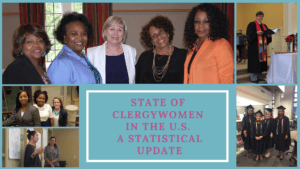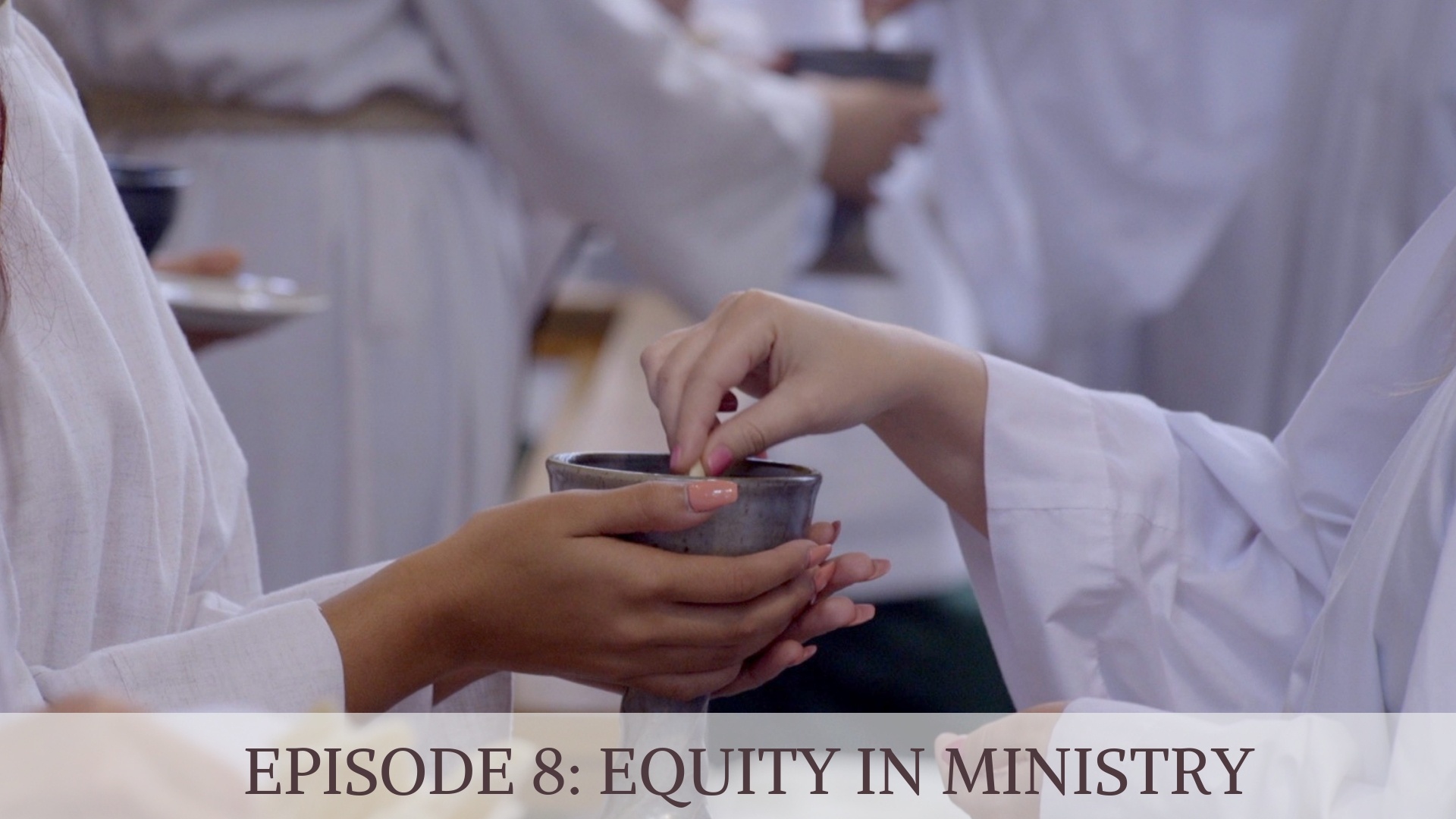I am composing this post between the Women’s Marches across the U.S. on Saturday and the MLK Day marches on Monday. So many inequalities still plague the social fabric of our lives. So much animosity still divides this country.
Churches and religious bodies are among the pillars of society that hold the divides and inequalities in place. Yet it is possible they can be part of meaningful transformation as well.
To be a church leader in our time requires not only a clear calling but also courage. If you hope and desire that your faith community will be part of the change for justice and equality rather than one of the obstacles to it, then you need knowledge, commitment and willingness to to risk something big for the sake of something better for all people.
No simple path to change is available. The complexity of how the systems of inequality are maintained is a part of their power. Their hiddenness contributes to keeping the status quo.
Let me make an example of the entangled, complex and hidden aspects of powers of sexism and racism in my own life. My identity as a woman is entangled with my identity as a white person. I both suffer the social exclusions of society and church as a woman, and I benefit from the privileges of society and church as a white-identifed person. At the same time.
My grandparents – all white – grew up on farms or in impoverished rural situations. They all moved to the big city of Louisville and shifted to blue collar work. With very little education they labored for wages, while raising children and supporting other family members throughout their adult lives. They managed to own homes and save some money, something easier for white families than for people of color, who suffered systemic discrimination in banks, real-estate, jobs and education.
My parents benefitted from the growing white middle class value of higher education and attended college, the first in their families. My father graduated and was commissioned an officer in the Air Force. My mother ended her studies to marry and move to Europe where my father was stationed. The G.I. bill gave my father additional educational opportunities, and my mother began a career in sales. These benefits were greater in a social world that privileges white employment, education and advancement.
I inherited all these privileges: a growing family value on education that favors white people, more income from management and sales jobs (not blue collar labors of my grandparents), and the thousands of hidden advantages of being white in America. Those advantages are also built on an economy that was built on the stolen labors and lives of enslaved people and immigrant labors across four centuries.
I went to college, then twice to graduate school, and I incurred very little debt along the way, thanks not only to my studies and my parents’ labors but to the accumulated wealth of Southern Baptists, a denomination begun out of a fight over owning other human beings as slaves. The baptist institutions and scholarships that benefitted me have in their roots the harms and injustices against enslaved black people. I married someone with a similar social background and he too benefitted from a college education that set him up to excel in a specialized sales career. As a white male in the South, everything was set to his favor.
These social privileges of whiteness are in contrast to the barriers and dead-ends I’ve encountered as a woman with a vocation of ministry and teaching in higher education. In these worlds jobs remain scarce for women. Pay remains unequal, and advancement is a still a rare achievement compared with the experience of men. Of course my personal choices and skills and risk-taking ability are part of the story, but I am also profoundly shaped by many factors and systems of power and inequality far beyond my control.
Do we as Christian ministers and religious leaders stand even a chance of making change? Some measurable change has indeed happened in the last 50 years for women’s leadership in American churches. And the Civil Rights movements which we celebrate in MLK’s life this weekend, also made some lasting change. However, the inequalities and the injustices and the hidden biases all remain.
This week’s Three Minute Ministry Mentor tells a bit more of my story, and my first call in a small town in Georgia. It also raises questions about equity in ministry for everyone. How we answer the questions of equity in ministry depends in many ways on our social locations, and also on the risk and courage we are willing to take for the sake of making room for everyone at the table.
3MMM Episode 8: Equity in Ministry from Eileen Campbell-Reed on Vimeo.
This week’s resource provides some information about what change has looked like in the church for white women, women of color and clergy who identify as lesbian, gay bi-sexual, trans, intersex and/or queer (LGBTIQ). Having some data helps us understand the change in more detail, and inspires our work for as ministers for change.
 To download this week’s recommended 3MMM resource, the “State of Clergywomen in the U.S.” visit this page. After you register, you will receive a code that can be used to download the State of Clergywomen report.
To download this week’s recommended 3MMM resource, the “State of Clergywomen in the U.S.” visit this page. After you register, you will receive a code that can be used to download the State of Clergywomen report.
To watch other episodes of the Three Minute Ministry Mentor, visit the 3MMM page.
To receive a weekly email reminder for new episodes, sign up here!




